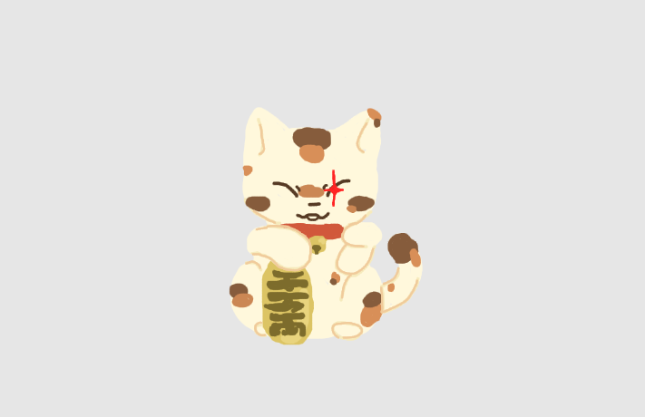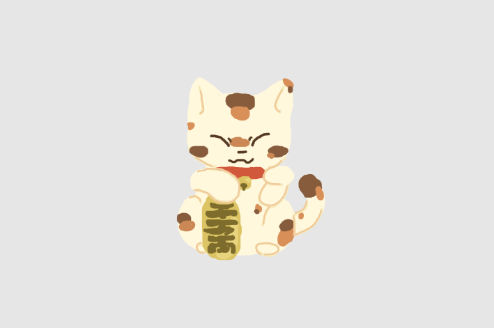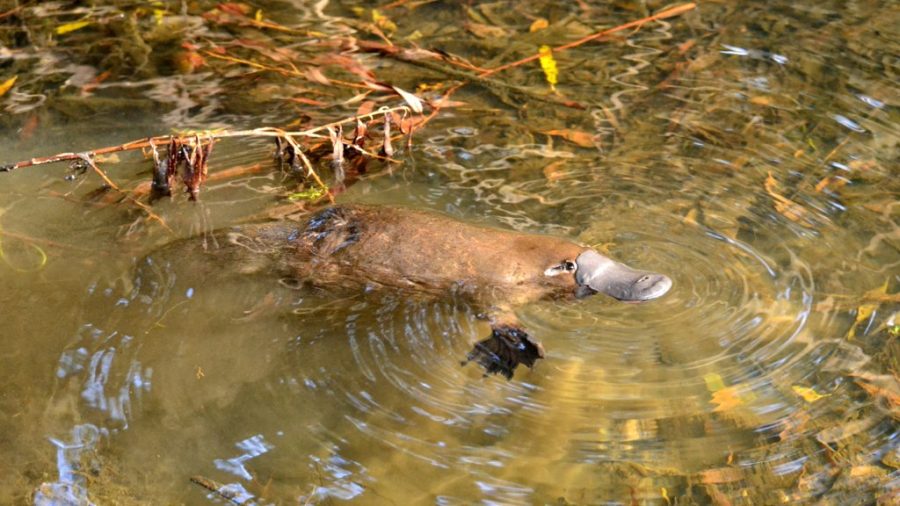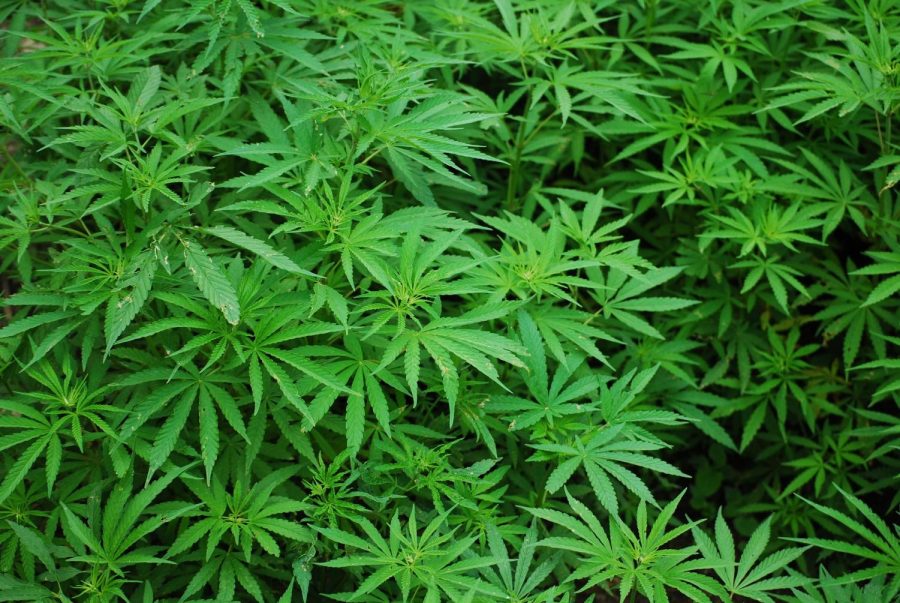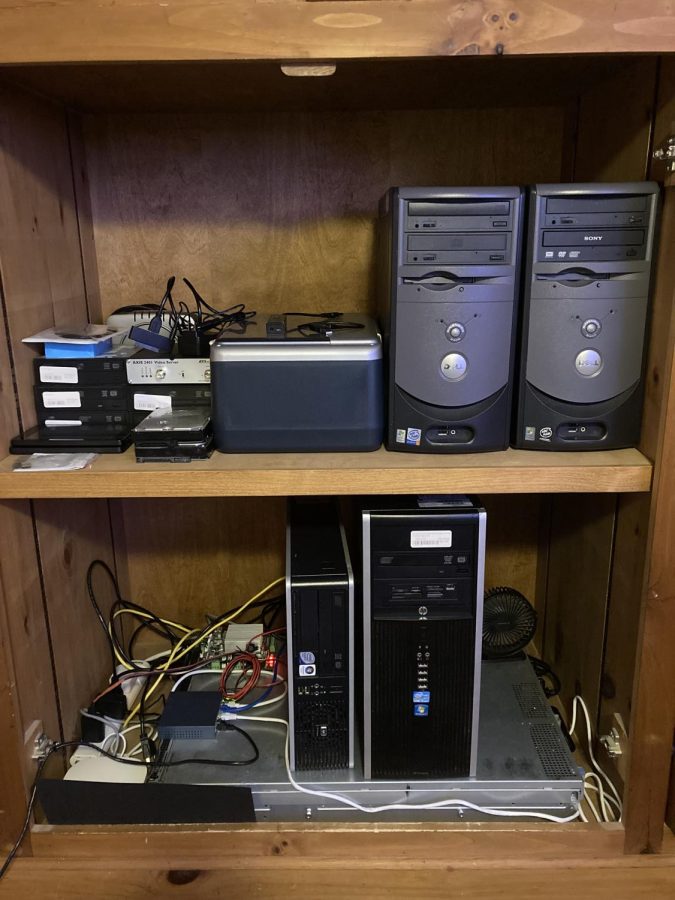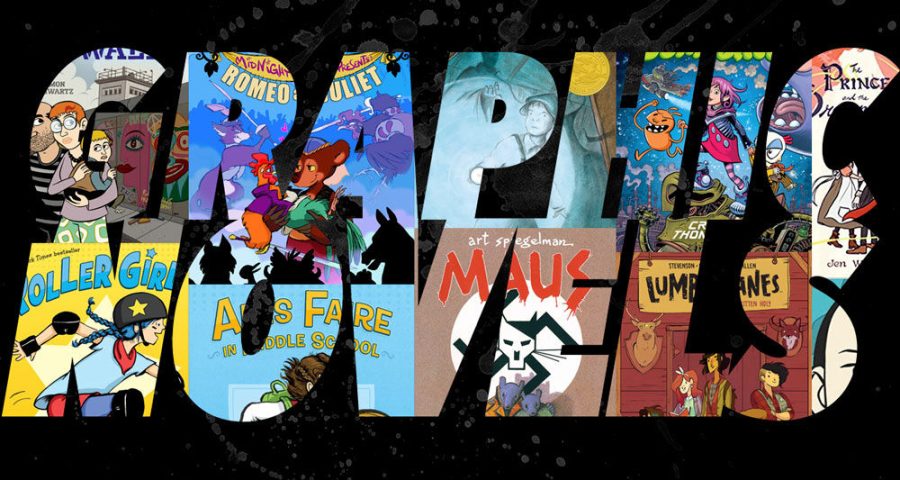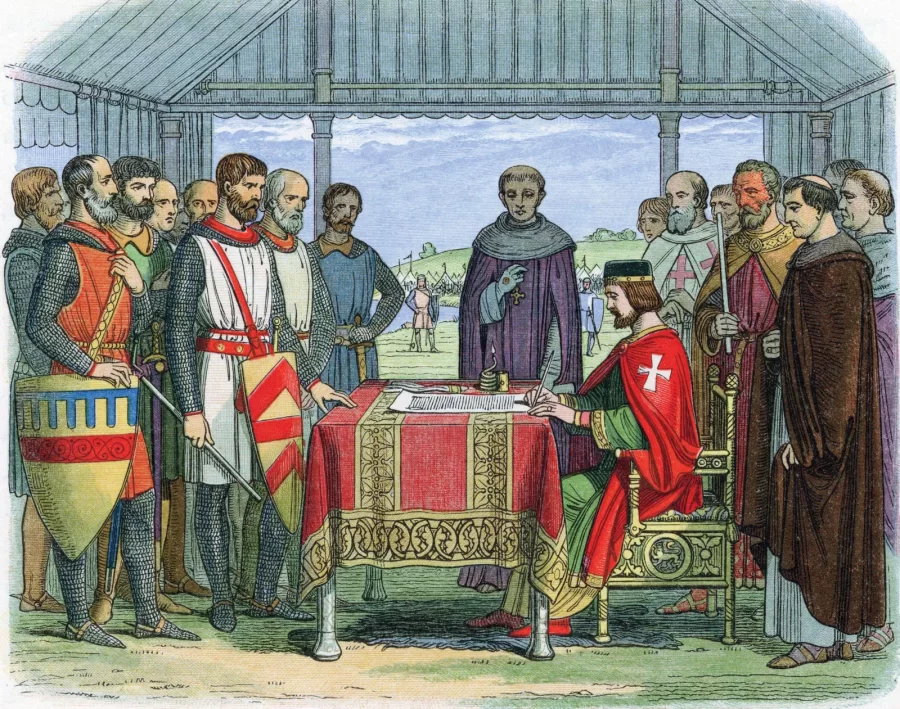Deer Hunting
Every year there are over 1.5 million deer related accidents. That’s over 1 billion dollars in insurance, and more than 10,000 injuries. But what would happen if we stopped deer hunting? This article will explain why deer hunting is important, ethical, and it will break down any false conspiracies or common misconceptions.
Many people think that deer hunting is unethical, and animal rights activists think that it should be banned in total, but it is quite the opposite. There are certain rifle calibers, shotgun shot, and bow poundage/ arrow heads that you can legally use to deer hunt, based off of how effective it could ethically and efficiently kill a deer. For example, a .22 is a varmin round, and being such a small caliber, is not considered ethical or efficient in any way. If you were to shoot a deer with birdshot, which is tiny lead bb’s packed into a shotgun shell, you would not kill the deer, just injure it, and therefore it is not a legal deer hunting round. If you own a bow, you know that you can change your poundage. Poundage is how heavy the draw weight is when you pull the string back, and the heavier the poundage, the faster your arrow flies. 30 pounds is the minimum draw weight, because anything under that will not ethically kill a deer.
“For example, well-managed deer hunts help to keep deer populations in check, which can prevent them from destroying habitat and competing with other species for food.” States Jessica D. Davis in her article. One of the main food sources for whitetail deer is farmers’ crops. In some states, farm owners can get “farm tags” to shoot as many deer as they like because there are so many of them eating their produce. The average deer can eat up to 12 pounds of food per day. That’s up to 24 ears of corn eaten by a single deer in one day. If the deer population was not kept in check, there would be no food left for us to eat.
Your donation will support the student journalists of Point of Discovery School. Your contribution will allow us to purchase equipment and cover our annual website hosting costs.
